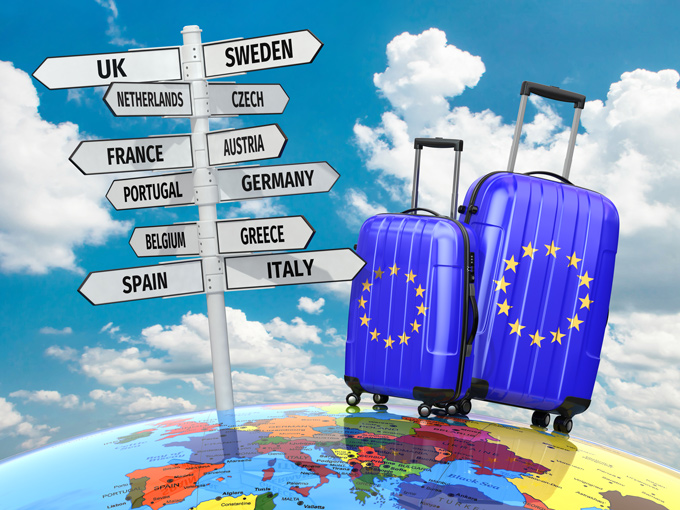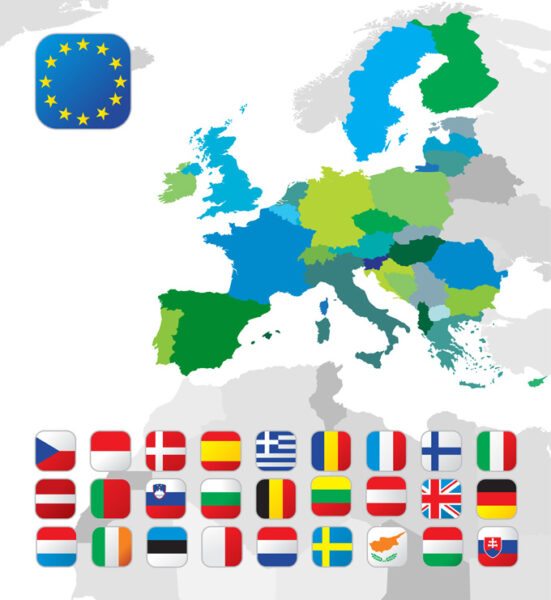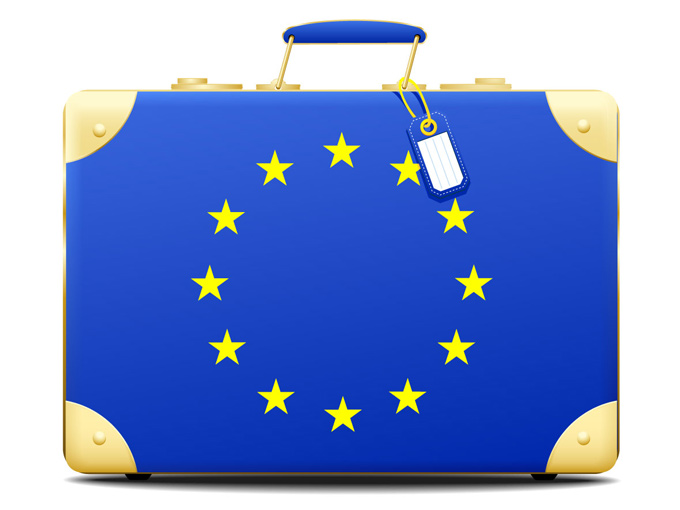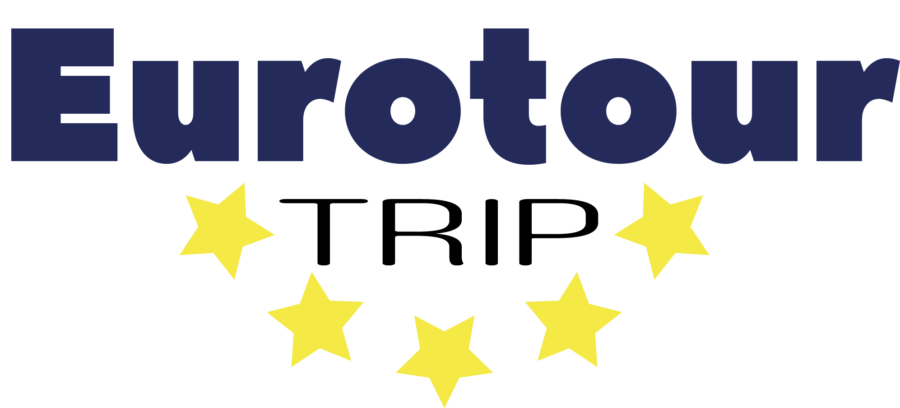
18 Sep Travelling in EU
TRAVEL DOCUMENTS
Though these are not needed in the border, it is recommended to take the passport or national ID card with you when you are travelling from one border-free Schengen EU country to another. There can always be situations when your identity should be proved. Schengen EU countries can adopt national rules obliging you to carry papers and documents with you. You must still show a valid ID card or passport when travelling to or from Bulgaria, Croatia, Cyprus, Ireland, Romania and the United Kingdom. These countries belong to EU, but not to the border-free Schengen Area. If you have lost your travelling document or driving license, you have to contact the nearest police station.
HEALTH CARE
Before the trip, a traveler should acquire the European Health Insurance Card from the national authorities of his own country. With it, it is possible to get necessary health care in Europe. The card does not sanction to exceptional transport to your home country because of falling ill or an accident, so you should also get a proper travel insurance, too. Before leaving your country, you should pay attention to these things:
Your own health. If you have a chronic disease or regular meditation or you are pregnant, you should contact your doctor. You should find out the actual situation of inflectious diseases and vaccination recommendations of the travel destination. These informations can be found from the websites of the following authorities:
- Finnish National Institute for Health and Welfare thl.fi/en/web/infectious-diseases
- World Health Organization WHO who.int/en
- European Centre for Disease Prevention and Control http://ecdc.europa.eu/en
Consult your own insurance company to ensure that your insurance coverage is comprehensive. Some insurance companies delimit, for example, the following things outside the coverage: the diseases and accidents already existed or happened before the trip and the costs caused by pregnancy or childbirth.
Before travelling, you have to remember the prevention of diseases and accidents, and during the trip you have to pay attention to these things:
- Immunization coverage and the need for malaria prophylaxis
- Adequate foodstuff- and hand hygiene. The most safety way is to use boiled or bottled water for drinking and brushing teeth.
- Drink enough.
- Avoid using too much alcohol, because it predisposes to accidents.
- Shelter yourself from the sun with proper clothing, sunblock and sun glasses.
- Shelter yourself from insect stings.
TRANSPORTING OF ANIMALS AND PLANTS
As an EU national, you have the freedom to travel with your cat, dog or ferret if it has a European pet passport. If you take an animal into Finland, Ireland, Malta or the United Kingdom, a treatment against the tapeworm Echinococcus should be given to it within a period of not more than 5 days and not less than one day before the time of scheduled entry into the country.
[adinserter block=”7″]

[adinserter block=”12″]
[adinserter block=”14″]
TAKING ANIMAL PRODUCTS WITH YOU
When you are travelling within the EU, there are no general restrictions of carrying animal products, since all EU countries have to respect strict common veterinary standards. The same applies if you are travelling to or from Andorra, Liechtenstein, Norway, San Marino or Switzerland. If you are arriving in the EU, from a country not listed here, you may not bring with you any meat or dairy products without official veterinary documentation.
TAKING ALCOHOL, TOBACCO AND CASH WITH YOU
When travelling from one EU country to another, it is allowed to take tobacco and alcohol products with you for personal use, but not for resale. Under EU law, there is no need to prove the goods are for yourself if you are carrying less than:
- 800 cigarettes
- 400 cigarillos
- 200 cigars
- 1 kg of tobacco
- 10 litres of spirits
- 20 litres of fortified wine
- 90 litres of wine (including a maximum of 60 litres of sparkling wines)
- 110 litres of beer.
When you are traveling between EU countries with 10 000 euros or more in cash or the equivalent in another currency, you have to check with the customs authorities in the countries you are leaving, entering and passing through whether you must declare it. If you enter or leave EU with 10 000 euros or more in cash or its equivalent in other currencies you have to declare it to the customs authorities.
EMERGENCY
You can dial the European emergency number 112 free of charge everywhere in the EU. The number will get you straight through to the all emergency services – police, ambulance and fire brigade.
ROAD SAFETY
Road safety and traffic rules differ within the EU. Before travelling, it is worth of finding out what the various country-specific rules are. Download the “Going Abroad” app and get important road safety information for all EU countries. Examples:
- Seat belts must be worn in all vehicles
- Children must have appropriate child restraints in cars and lorries
- Using a mobile phone without a hands-free set while driving is forbidden in most EU countries
- The maximum permitted blood alcohol level varies. Some countries do not allow any alcohol in the blood while driving.
- Different speed limits apply to different types of roads and vehicles.
- Different safety equipment is required both in cars and for cyclists depending of the country.
- In some countries, the use of daytime running lights and/or winter tyres is mandatory.
Sources:
- The official website of the European Union http://europa.eu/youreurope/citizens/travel/index_en.htm
- The Ministry for foreign affairs of Finland http://formin.finland.fi
[adinserter block=”1″]

[adinserter block=”2″]

